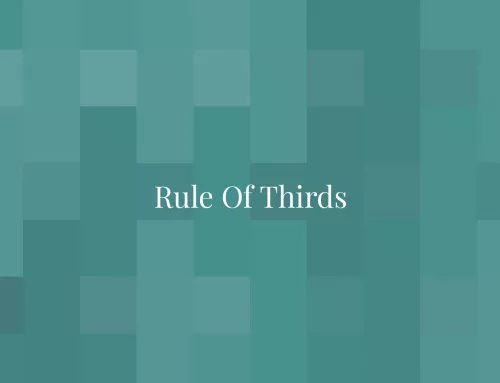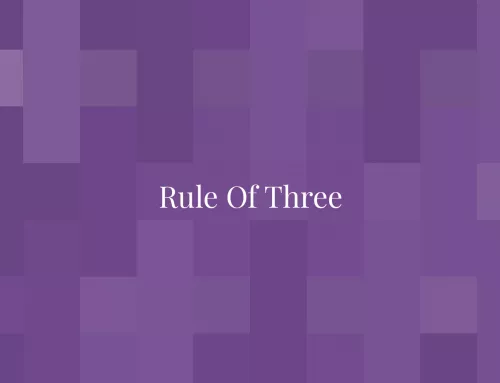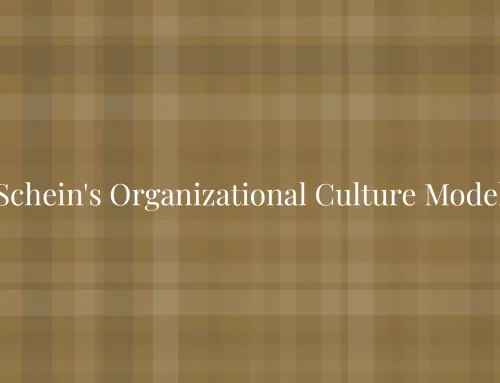Tim Ferriss once quipped that he takes notes like some people take drugs. He even details his note-taking process on his blog. As a consultant, taking notes not only helps you retain more information, but is also the key to boosting your productivity. As a consultant you will be part of many client conversations. Some of these conversations form part of everyday consulting practice and may have no anticipated significance beyond the here and now. However, others may prove more challenging, splintered and have longer consequences. Hence, taking notes is an extremely important skill for a consultant.
Ramifications
These are the types of conversations that are like boomerangs and tend to come back at some point or another and when they do, remembering accurately what was said in the previous round, is important. With experience, you usually develop a good ‘feel’ for these types of conversations and when ‘done’, usually you are left is a strong sense that they are in reality, ‘far from over’. These are the types of conversations that you should take a few minutes to jot down the salient points, the divides in the conversation that might be skewed by time and perspective.
Memory can prove an unreliable alley when it comes time to recall such conversations and a few cryptic notes recorded whilst the conversation was still fresh, can prove immensely helpful. Good notes should be accurate, clear and concise. They should show the organisation of the text, and this should show the relationship between the ideas. Drawing on such a record can also send a powerful message and serve as a forceful example to others about the importance of what is said and how seriously their thoughts and opinions are taken. Recording important conversations is a good disciple for consultants to cultivate. Becoming known as someone who listens and takes seriously what is said and keeps reminders to this effect is not a bad reputation to have as a consultant.
Facilitates thinking
A second reason to write rather than merely remember has a more personal slant. Meg Wheatley writes that:
thinking is the place where all intelligent actions begins
As a consultant, you need to think – you need to be seen dedicating time to thinking; an intentional pausing and practicing the art of reflection. Exactly what this looks like in your context and setting is something you will have to decide for yourself. However, when you do, stop to reflect. Recording some of what happens in this space is a powerful and useful consulting habit to cultivate.
It is from such scribbling that memoirs emerge. They often become a wonderful source of wisdom to pass on. for example, Shu Hattori published The McKinsey Edge based on his notes during his time at McKinsey. Note help you to draw upon information when mentoring others, delivering presentations, etc. They can also provide a rich source for gaining perspective in understanding and seeing your own growth and development as a consultant. You will only realize the value in taking regular time to record your reflections when you re-read your notes them further down the road in your career. You’ll experience situations or details that you long forgot suddenly spring back to life.
Importance of taking notes
Taking notes is an important part of the life of every consultant. There are two main reasons why note-taking is important:
- Helps concentrate. When you are reading or listening, taking notes helps you concentrate. In order to take notes – to write something sensible – you must understand the text. As listening and reading are interactive tasks, taking notes help you make sense of the text. Taking notes does not mean writing down every word you hear. You need to actively decide what is important and how is related to what you have already written
- Maintain a record. Notes help you to maintain a permanent record of what you have read or listened to. This is useful when revising in the future for examinations or other reasons
- Keeps you alert. Notetaking keeps your body active and involved and helps you avoid feelings of drowsiness or distraction
- Engages your mind. Listening carefully and deciding what to include in notes keeps your mind actively involved with what you hear
- Emphasizes and organizes information. As you take notes, you’ll decide on and highlight the key ideas you hear, identifying the structure of a workshop / presentation. You’ll also be able to indicate the supporting points of a session, making analysis and understanding easier later
Prioritization
Finally, taking notes helps keep your schedule in tact. I’ve found that taking notes throughout my workday is the best way to stay focused on my to-do list. Every day, information hits us from many directions–emails, phone calls, text messages. It is humanely impossible to avoid getting sucked into this busy-but-not-productive whirlwind. Before you know it, the day’s over. You have completed only a fraction of your to-do list because you were too busy focusing on tasks that felt urgent, but really weren’t. I find that taking notes as new requests come in help me incorporate them into my future schedule without derailing my plans for that day.




